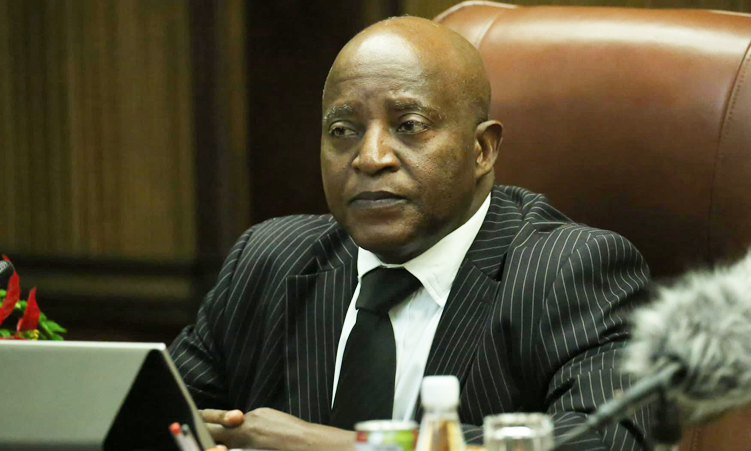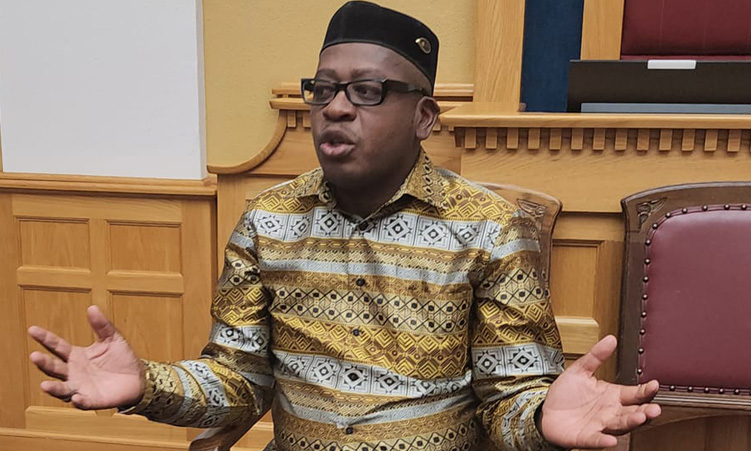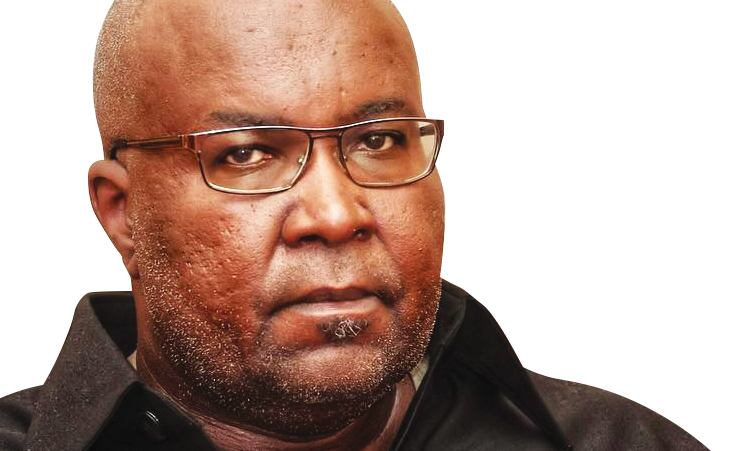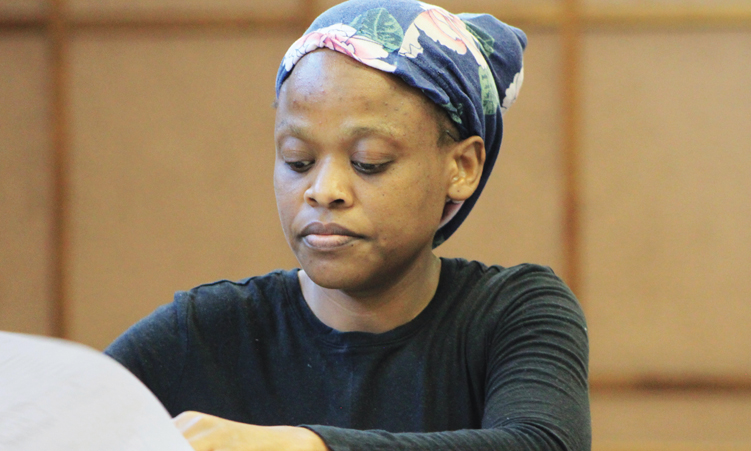Prime minister Elijah Ngurare has declared war against corruption in procurement systems particularly in government organisations, ministries and agencies (OMAs).
Ngurare has said that going forward – and as directed by president Netumbo Nandi-Ndaitwah – if the Public Procurement Act contains provisions that are unhelpful, they must be urgently amended.
“If corruption is endemic in the procurement system, we will equally come hard and close such loopholes which erode the confidence of the people in their government.”
Ngurare said this last week during a meeting in Windhoek with executive directors from various ministries.
In the next few weeks, the prime minister said he would continue to explore this matter, adding that he has learned that there are many young professionals who possess the requisite skills in procurement but there are government departments with skills deficits in the same fields.
He urged executive directors to explore synergies and source existing skills to support their ministries.
“What I expect from accounting officers is common sense economic empowerment of our people, which is what we envisioned when we asked president Hifikepunye Pohamba to reform the then Tender Board,” he said.
Ngurare said he recommended to the Swapo central committee that the tender board be reformed in 2008 in order to benefit youth, women and rural communities – who he argued were being excluded from the procurement benefits extended by the government.
He said the contention at the time was a tender for drought relief amounting to over N$200 million which was awarded to three prominent companies.
Ngurare continued that president Pohamba tasked him (in his capacity as secretary general of the Swapo Party Youth League (SPYL)), then finance minister Saara Kuugongelwa-Amadhila and then prime minister Nahas Angula to set the ball in motion to reform the board.
The SPYL was requested in the interim to provide two names to serve on the Tender Board, and current minister of justice and labour relations Wise Immanuel was nominated, Ngurare said.
In describing the history of the procurement act, the prime minister emphasised that the legislation was not enacted to be a hindrance, worsen bureaucracy or create excuses for service delivery delays. Instead, the act was designed to improve people’s lives, and make the government a conduit for their hopes and aspirations.
As an example, Ngurare suggested that women and young people residing near public institutions such as schools should be the ones providing catering services, and the government should create capacity for this provision where needed.
“We want to see the food provided to all government institutions being produced right here in Namibia – in our villages and in our regions.
We have the land, water and human resources to produce this. Job creation also involves these deliberate steps, which can be enabled by the procurement system,” he said.
He, therefore, called for modernisation of the agriculture sector, to provide small-scale farmers with water, implements and training to be able to produce food.
The prime minister directed all OMAs to ensure that job creation and service become their daily occupation, and utilise the procurement system to empower institutions of higher learning with opportunities to advance research and development.
In response to these comments, economist Josef Sheehama said Ngurare is right to push for reform to protect the economy’s fiscal health because of the negative effects of corruption, inadequate accountability and ineffective good governance.
Sheehama said it is imperative that the government explore alternative policy options for addressing the public financial management system’s weak points.
“Over the past years, there has been an increase in procurement-related losses as a result of the system’s flaws,” said Sheehama.
He agreed that, while there are experienced and skilled people, they are sometimes not given chances due to political meddling.
This trend, he said, has resulted in unqualified personnel being hired, issues monitoring and evaluating progress, and insufficient institutional.
Sheehama argued out that the rise in corruption and court cases resulting from illegal activities are also connected to this trend.
Stay informed with The Namibian – your source for credible journalism. Get in-depth reporting and opinions for
only N$85 a month. Invest in journalism, invest in democracy –
Subscribe Now!










